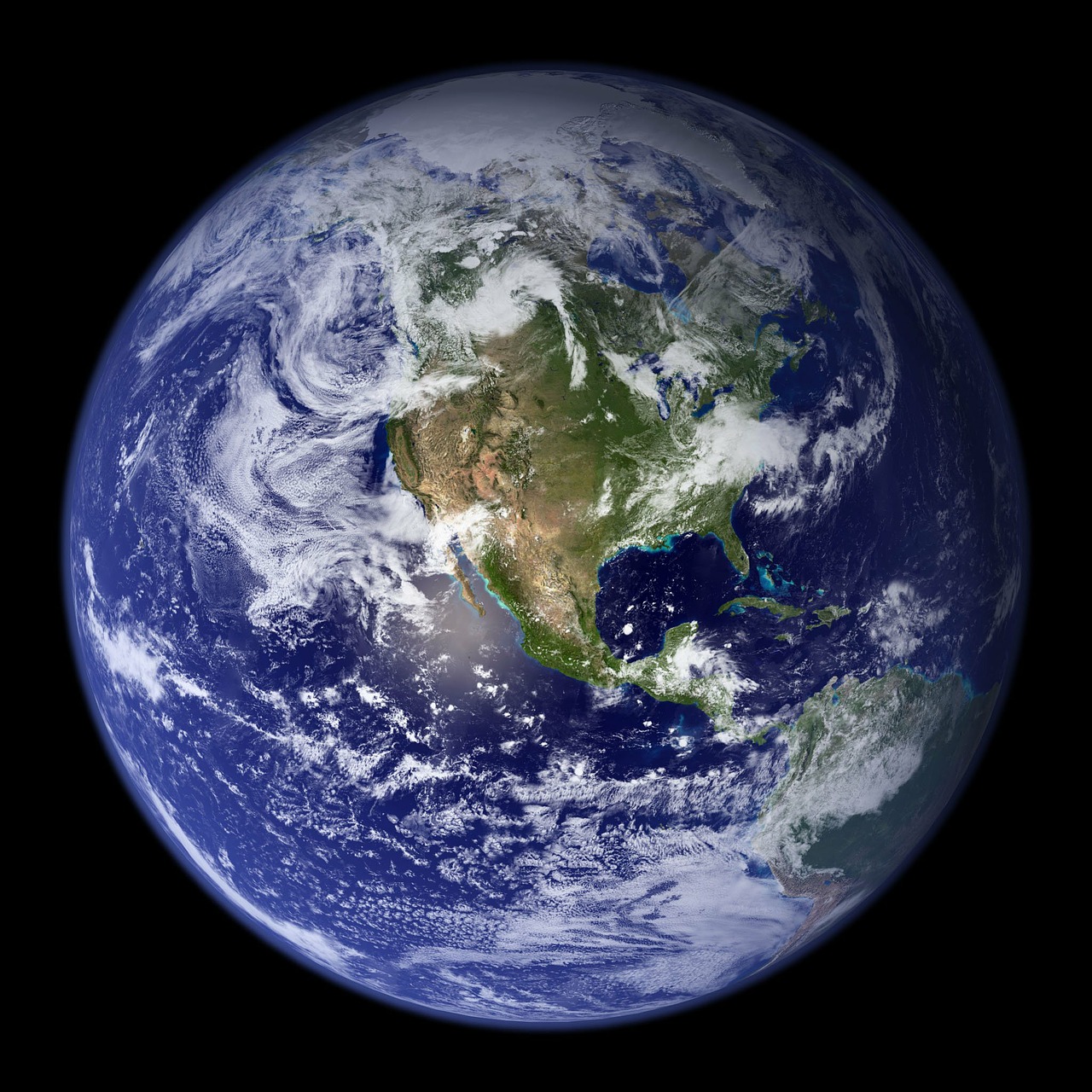
In the wake of the U.S. election, responses from foreign leaders have begun pouring in, with mixed reactions. Congratulatory messages were laced with fear, anxiety and uncertainty from many of America’s long-standing allies. United Nations Secretary General Ban Ki-moon implored President-elect Donald Trump to keep in mind the United States’ role as “an essential actor across the international agenda,” urging others to ask how the outcome of the U.S. election may affect foreign affairs. The need for such warnings is concerning, and Trump must heed such advice and reevaluate his campaign promises in order to circumvent global chaos.
Following election results, the value of American stocks plummeted overnight, as did the value of the peso. The stability of the global economy has been called into question as our neighbors to the north and south fear renegotiations of trade deals. Along with the potential loss for trade comes the potential loss of jobs as lead industries in the United States begin to sever their foreign ties.
The Americas are not the only region experiencing fear of financial upheaval. Asia also must consider threats of a U.S.-China trade war and currency issues. Reshaping these major economies would not only affect finances but also security within the region. Threats to withdraw security guarantees to Japan, South Korea and India may unleash long-suppressed tensions that would encourage a South Korean nuclear program and grant both China and North Korea greater power.
Similar concerns are prevalent throughout the Middle East and Europe. Turmoil in the Middle East may worsen if American military aid falls through, and allied nations are questioning if they will be able to take a tough stance against hostile powers without guaranteed U.S. support. The future for NATO and the Iran nuclear agreement are unclear, and the refugee crisis is bound to worsen.
However, the deepest concern is the global instability we now face. Without the ability to predict or plan for the actions of the president-elect, allies and adversaries alike must strategically reposition themselves. Everyone is forced to consider what it may mean to see the fall of U.S. hegemony. As Donald Tusk, president of the European Council and former prime minister of Poland remarked, this election should serve as a “warning sign for all who believe in liberal democracy.” The fact is, the world order is shifting, and how we respond will be the true test of what is to come.
Elizabeth Strack is a junior majoring in political science and English literature.
Featured image courtesy Pixabay user WikiImages.






